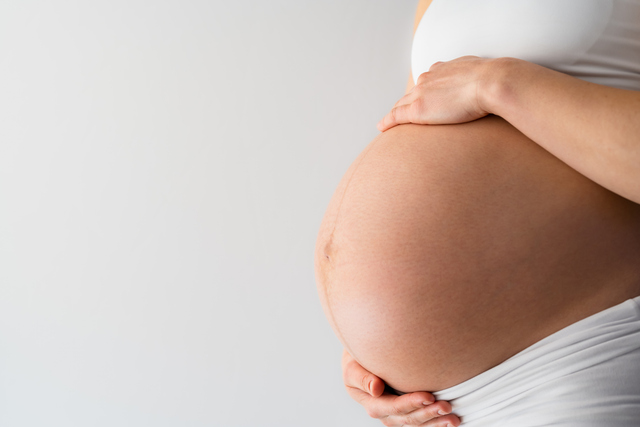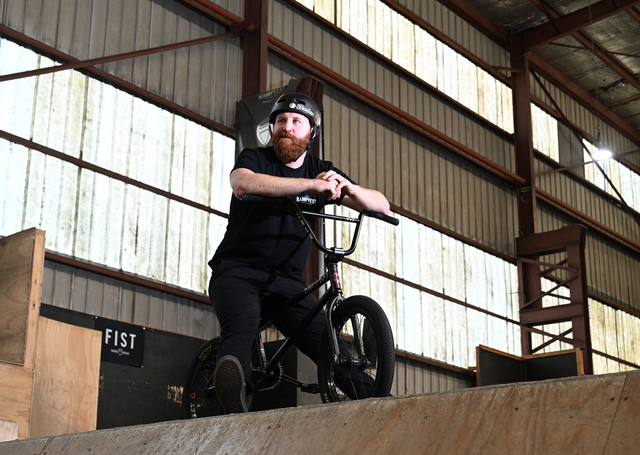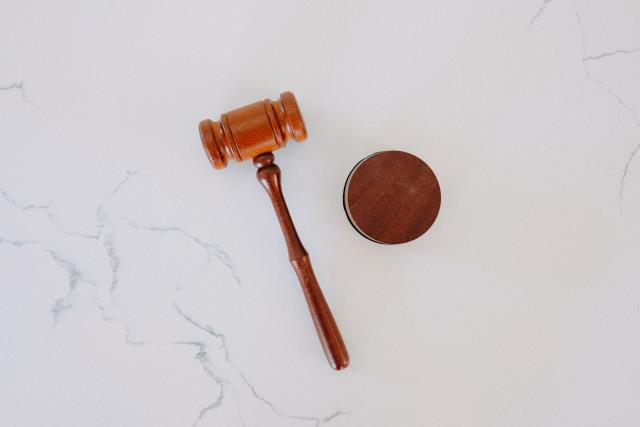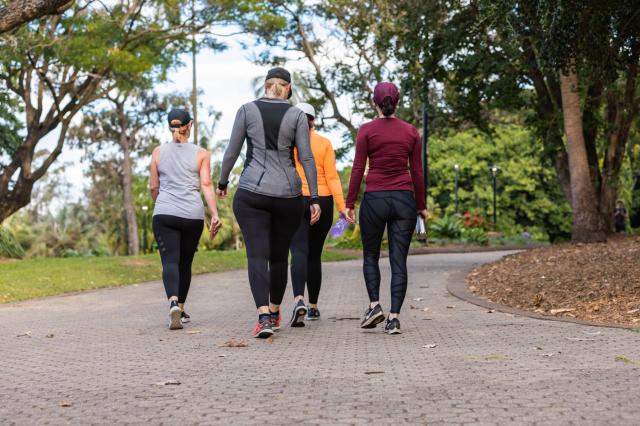A La Trobe University study is hoping to challenge traditional categorisations of coping strategies in a bid to promote autonomy and create empowering childbirth experiences.
The study by the university’s Judith Lumley Centre examined the current coping strategies, with the findings suggesting a shift towards a more holistic approach.
It comes amid growing concerns about birth trauma and maternity care experiences that were highlighted in the final report of a New South Wales Parliamentary Inquiry into Birth Trauma, handed down in late May.
In the study, senior researcher and study lead Dr Laura Whitburn, senior researcher Dr Lester Jones and physiotherapist, birth doula and lead author Janine Shifman proposed reframing coping strategies as ‘intrinsic’ and ‘extrinsic’ to shift the focus away from medical interventions.
Intrinsic strategies are those that can be self-generated by women, while extrinsic strategies require the use of equipment or the help of someone else.
The study surveyed 56 women having their first baby at Mercy Hospital for Women, between February and May 2021.
Thinking about labour pain as productive and purposeful pain, feeling safe and supported, and preparing a range of coping strategies, were identified as three factors most important to women.
“People may assume that pain relief or having their pain under control during labour is a priority but, in fact, it wasn’t explicitly listed among the most important factors to women,” Dr Whitburn said.
“What mattered was feeling supported and safe, thinking positively about the process, and feeling well prepared.”
The most common intrinsic strategies identified included breathing techniques, generating a positive mindset, movement and keeping active.
Extrinsic strategies, such as using a bath or shower, the use of a TENS machine or having physical contact from support people or a known support person, were recorded as the most common among respondents.
“The intention is not to reject or stigmatise the use of pharmacological options, such as an epidural, but to present them as one component of a suite of extrinsic options available,” Ms Shifman said.
“We’re hoping this will change the conversation and mindset from ‘you’re not coping anymore, so let me take over’ to ‘you’re not coping anymore, so let’s support you with what you need to get you back on track.”

















